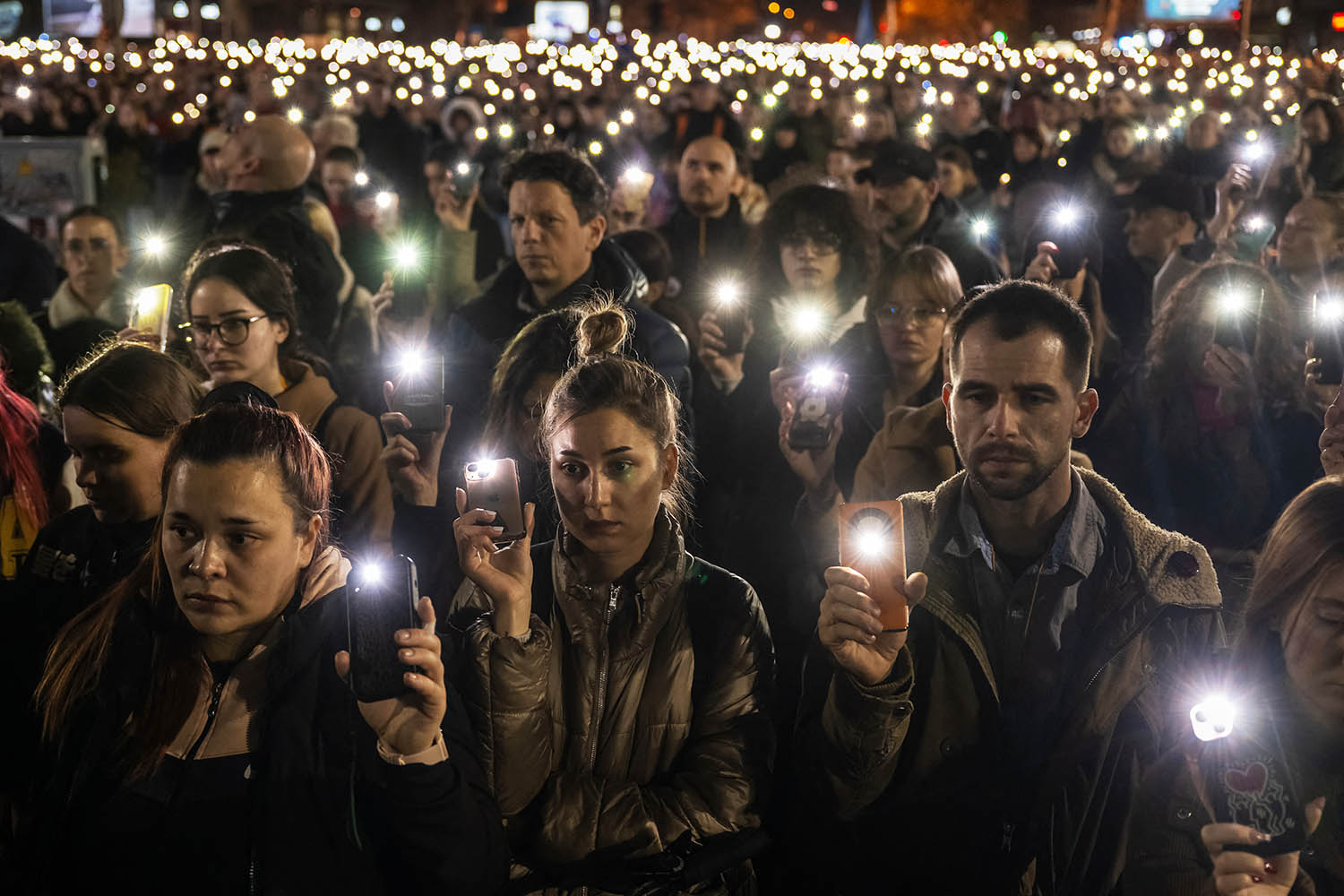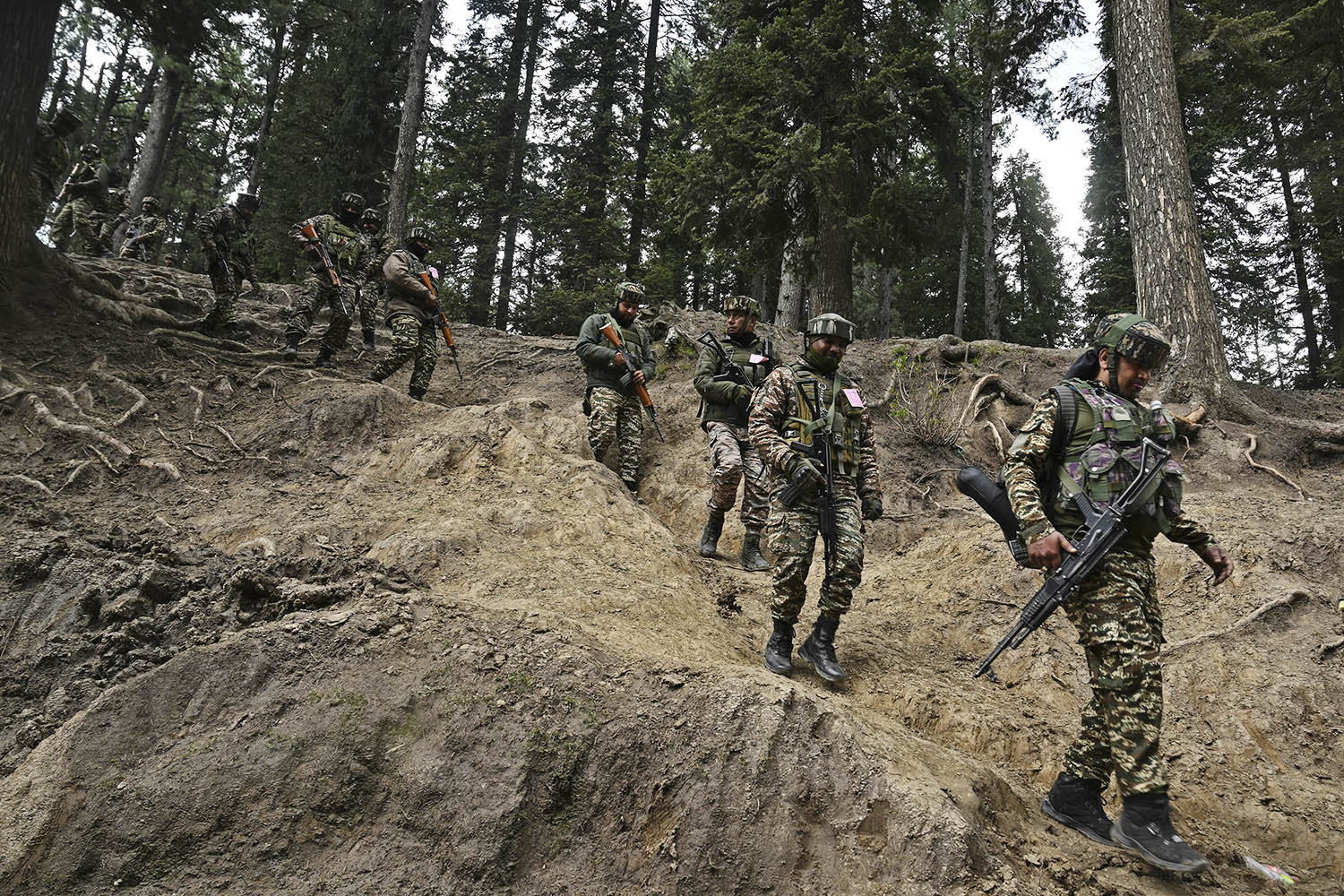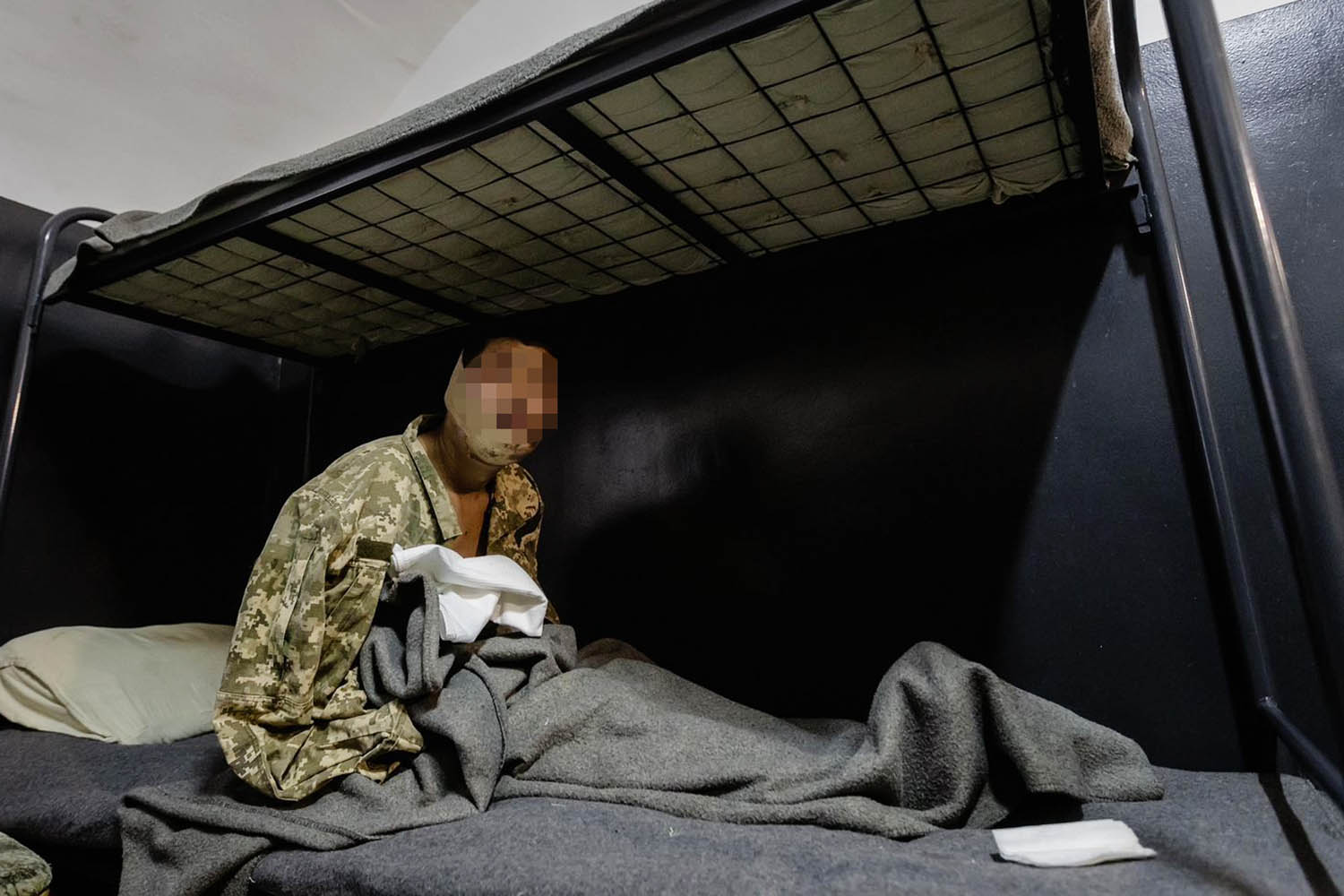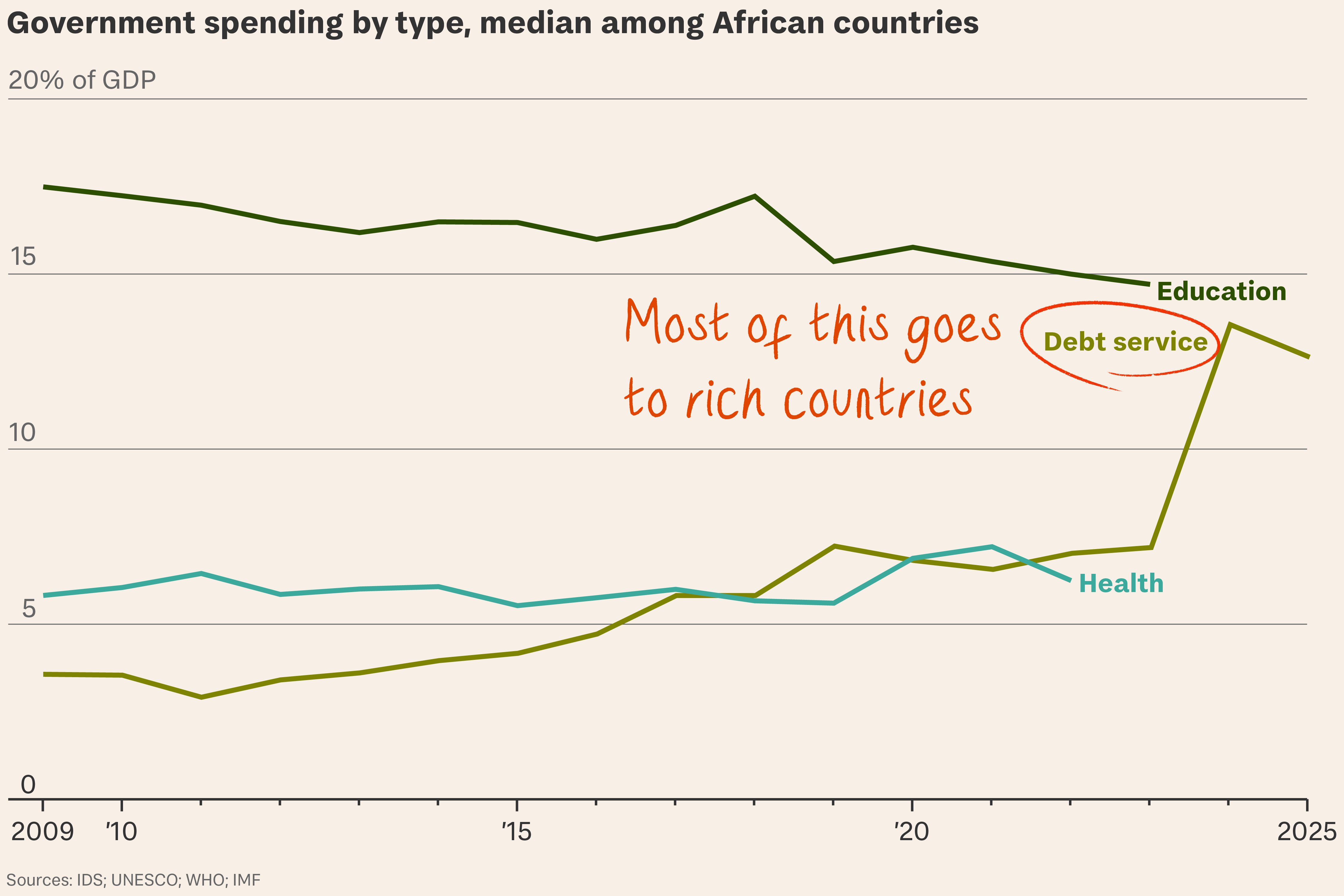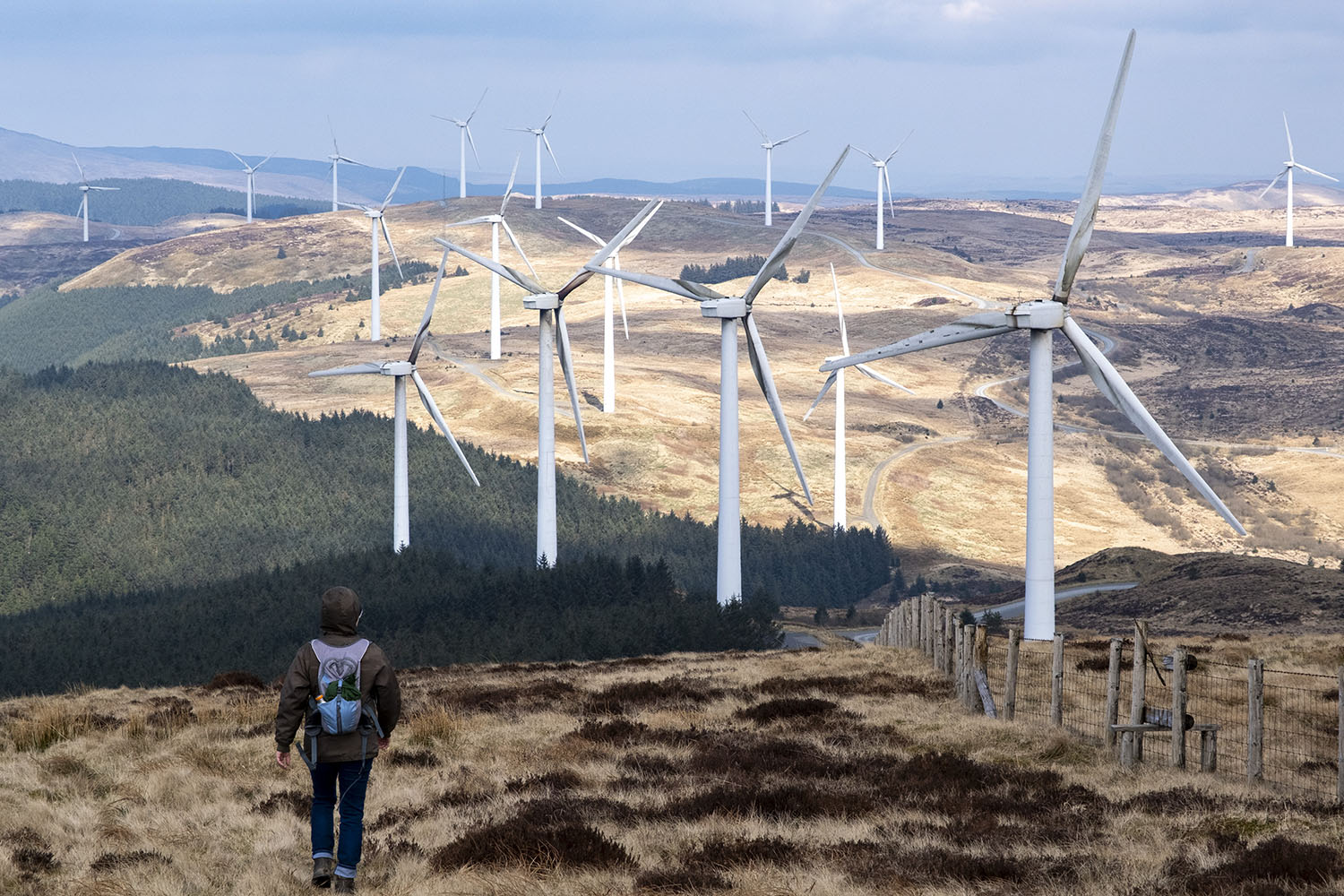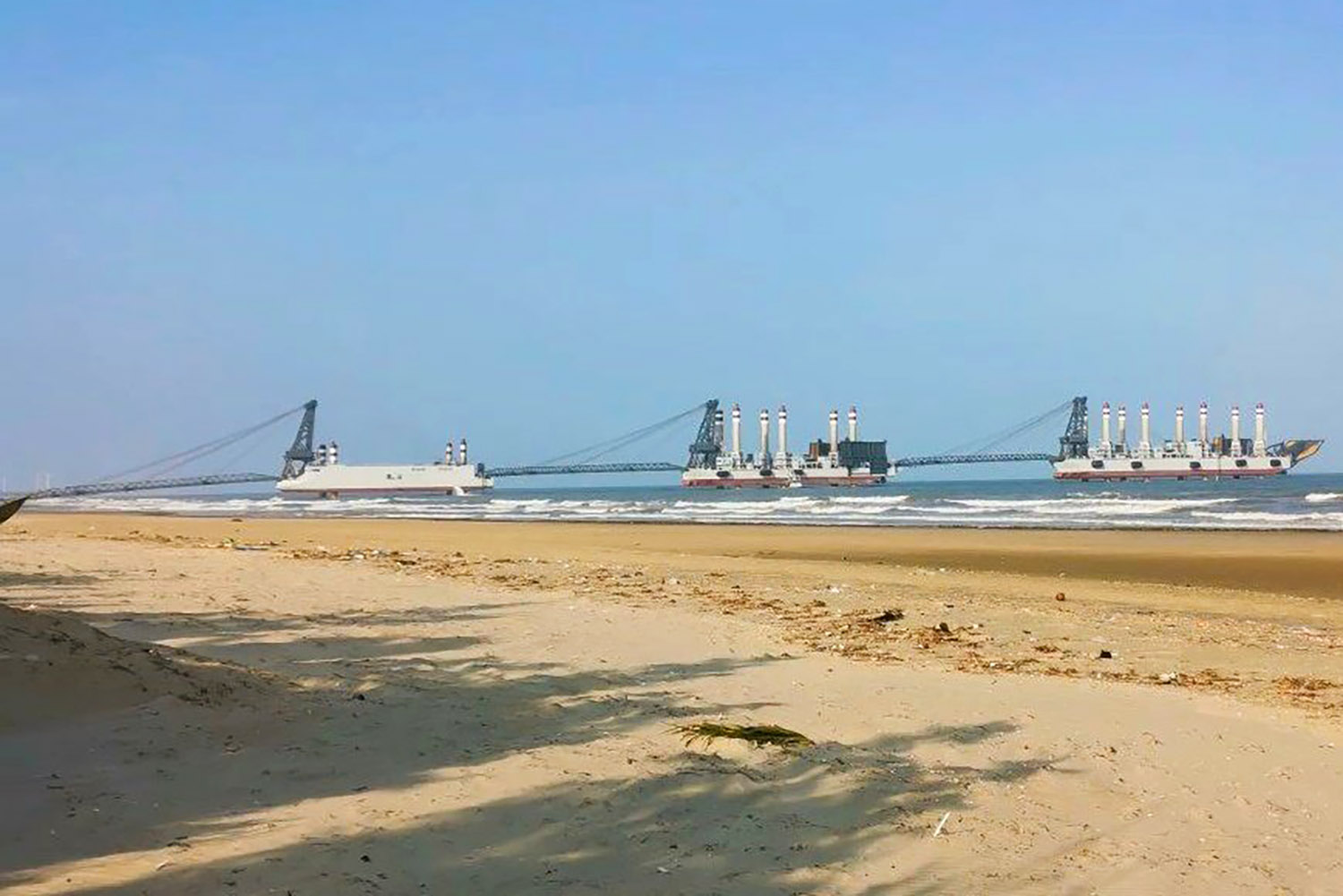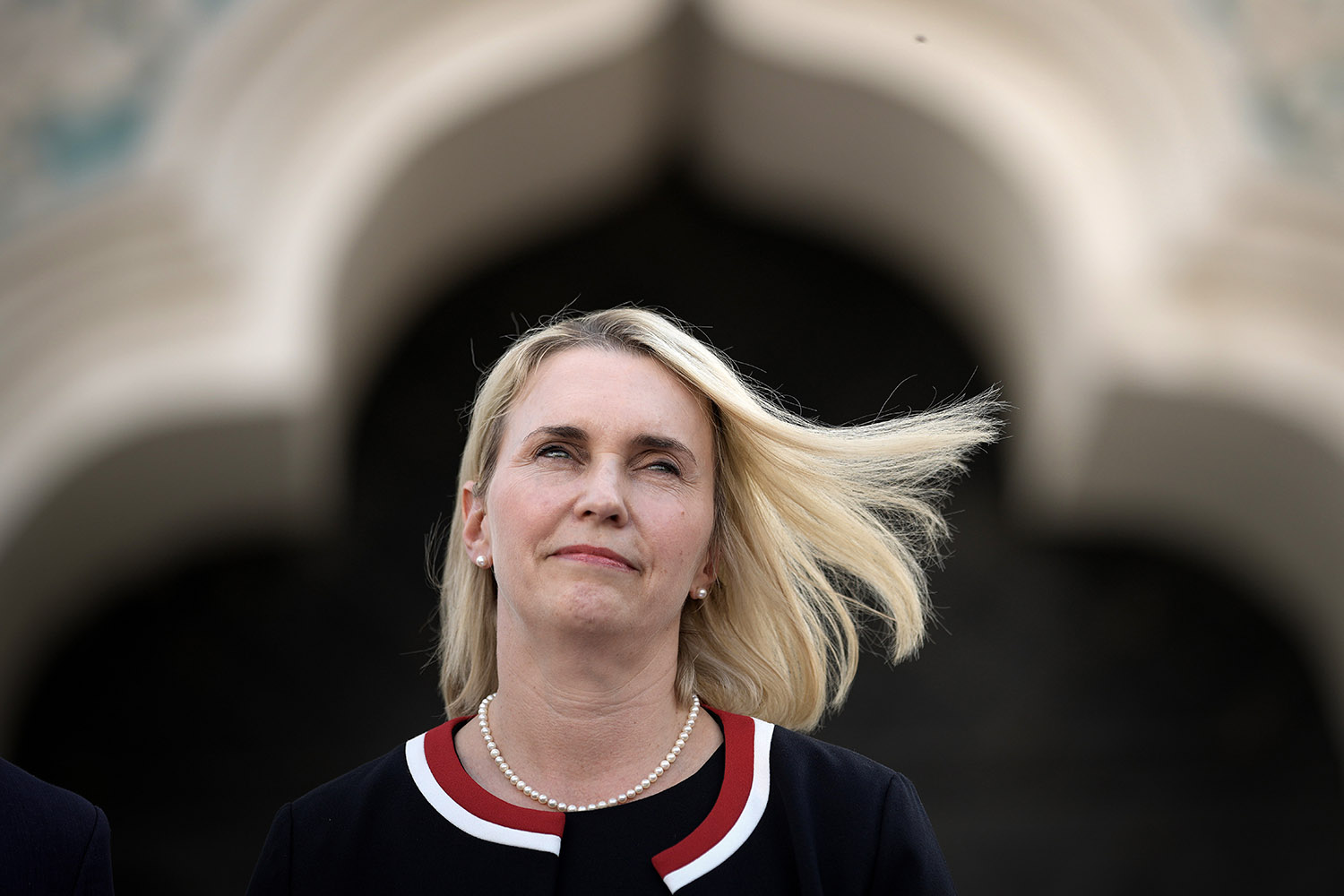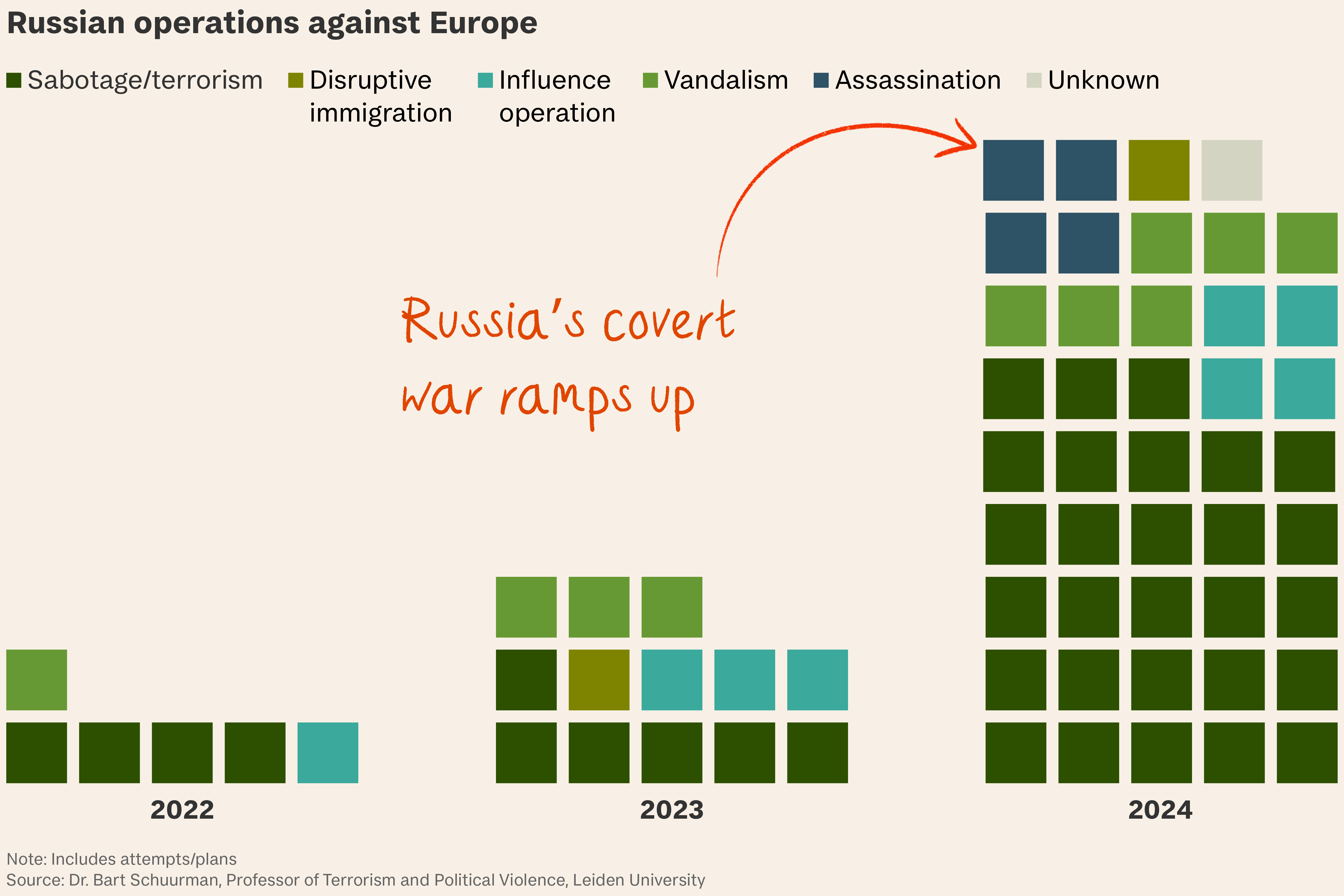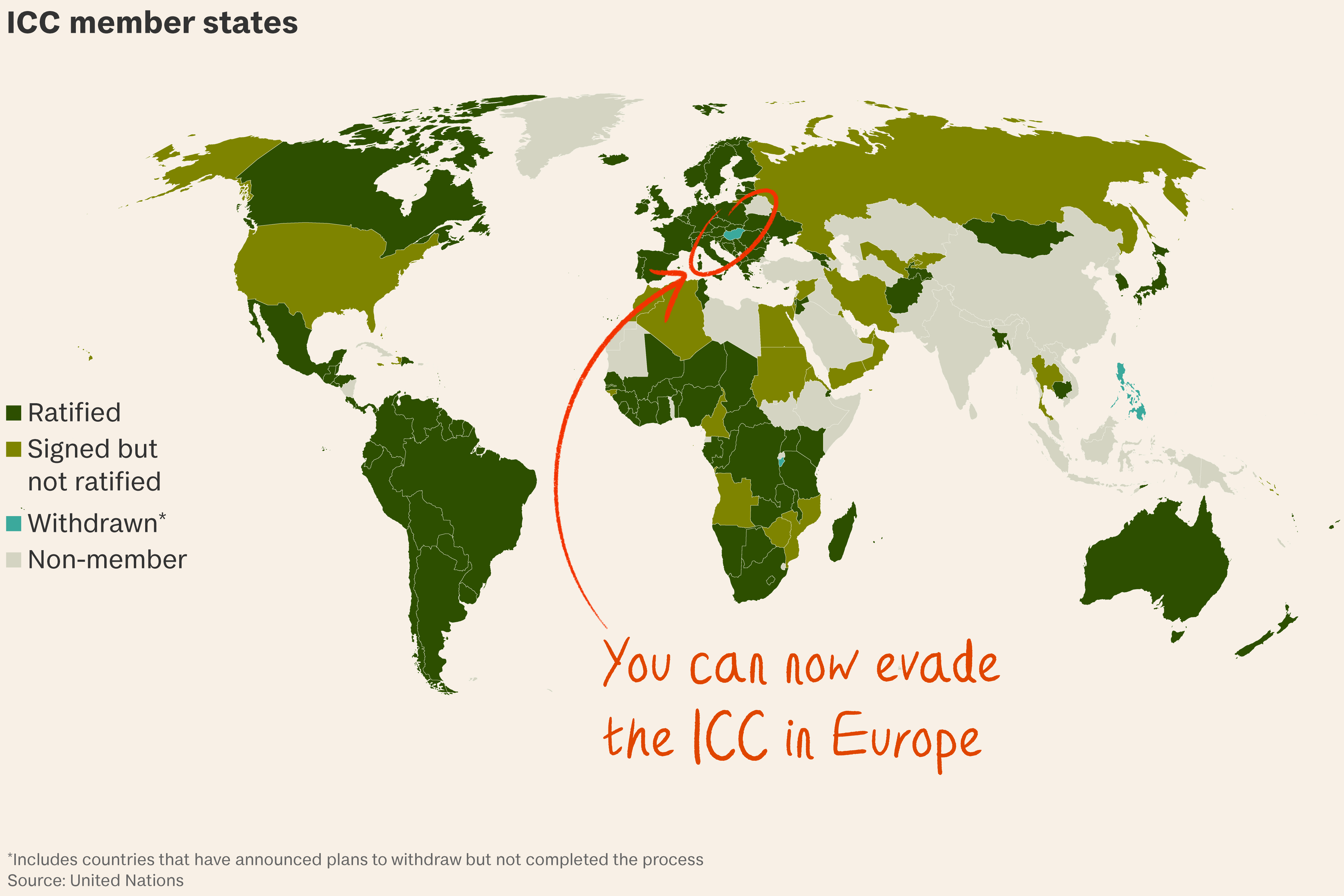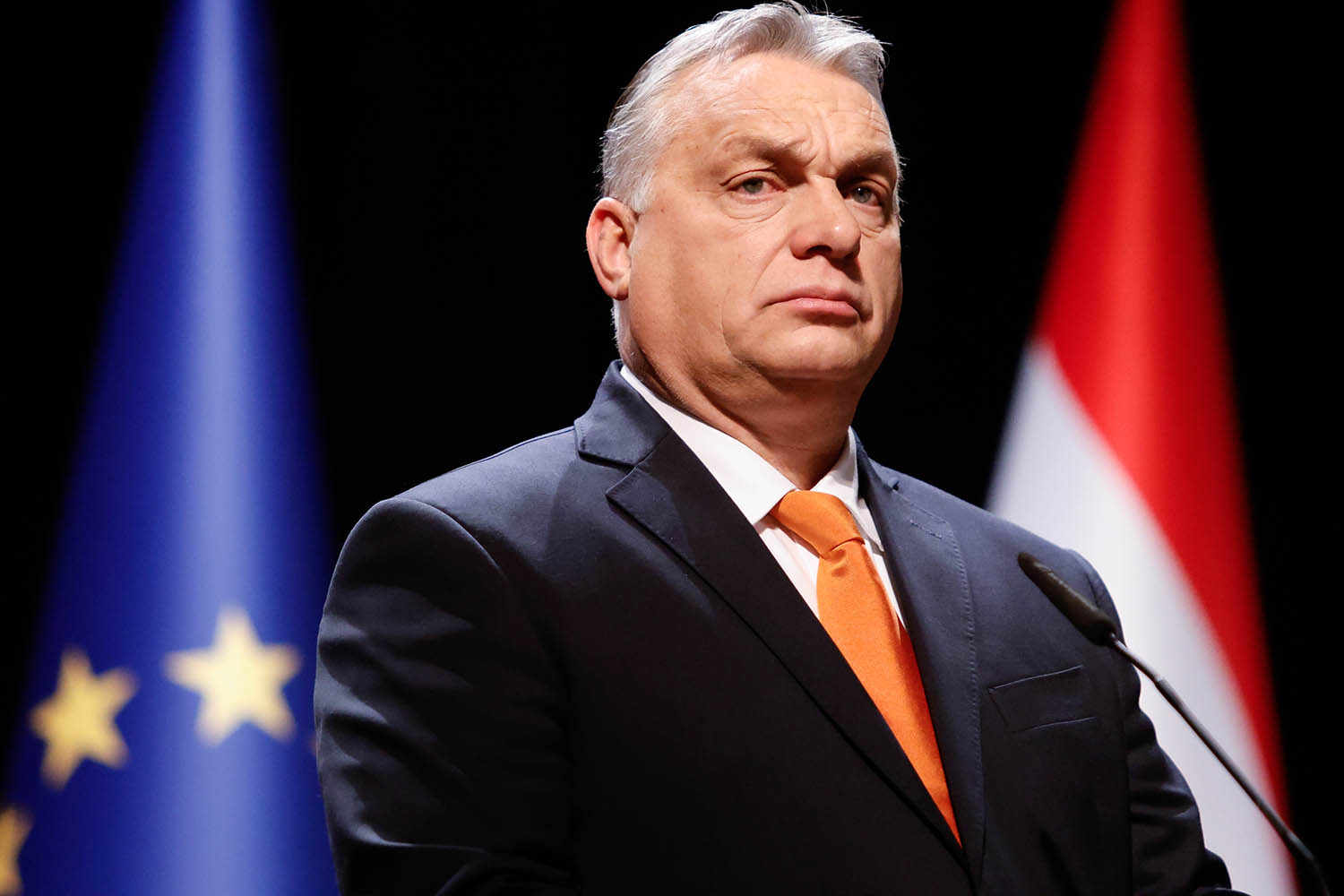
Its prime minister has Putin’s ear – and eyes for Trump
Keir Starmer urged the EU last night to “step up” for Ukraine, and pledged to set an example by giving Kyiv more military support this year than ever.
So what? Everything Starmer said at a press conference in Brussels should have been obvious, but wasn’t.
- Europe isn’t close to compensating for any drawdown of US military aid to Ukraine under President Trump.
- The idea that Kyiv will be able to negotiate from strength in peace talks is therefore unrealistic…
- … thanks in no small part to Vladimir Putin’s ally at the heart of the EU, who also happens to be Europe’s most devoted fan of Trump.
Step forward, Viktor Orbán.
Schlagbaum an der Donau. Under Orbán, Hungary is testing the EU’s patience to destruction, and in the process testing its integrity.
Last week alone, Orbán
- threatened to block EU sanctions against Russia to force Ukraine to continue allowing Russian oil shipments and restore Russian gas by pipeline across Ukrainian territory;
- called more generally for “a sanctions-free relationship with the Russians”;
- refused to support an EU ban on visa-free travel for Georgian diplomatic passport holders; and
- refused to sign a joint EU statement condemning Belarus’s recent sham election.
Black gold blackmail. Hungary’s price for backing a six-month extension of the sanctions was to demand that the EU request "assurances" from Ukraine on preserving pipeline oil supplies to EU countries.
Euro-gambler. Orbán has repeatedly threatened to use Hungary’s veto over European Commission business to access funds frozen by the EU because of concerns about corruption and the rule of law in Hungary. A timeline of the vetoes:
- 2020: an accord linked to the EU’s long-term budget of €1.8 trillion during the second wave of the pandemic
- 2022: an €18 billion EU aid package for Ukraine and a minimum global corporate tax rate
- 2023: EU accession talks with Ukraine and Moldova and a four-year €50 billion financial aid package for Ukraine
- 2024: the EU’s seven-year budget for 2028-2035
The view from Budapest. Orbán’s pitch to the Hungarian people is that but for Ukrainian obstruction of Russian oil and gas, their energy would be cheaper. The Hungarian foreign minister’s pitch to Europe is that shutting off pipelines runs counter to EU integration.
And Brussels. The EU’s top diplomat, Kaja Kallas, has said the statement on energy security demanded by Hungary last week was “symbolic”. Even so, it shows that Orbán has leverage every time the EU needs unanimity.
“Peacemaker.” When Hungary started its six-month rotating presidency of the European Council last July, Orbán infuriated both the EU and the Biden administration by immediately going on a world tour billed as a “peace mission”, meeting Ukraine’s Volodymyr Zelensky, Vladimir Putin, Xi Jinping and Donald Trump. Orbán seemed untroubled by a European parliament resolution saying his government threatened “EU values, institutions, and funds”.
Propagandist. Over the course of a decade, Orbán has taken control of most of the Hungarian media landscape via his chief of staff, Antal Rogan. The main narratives spread by Orbán-controlled media are:
- Anti-war – the idea that Nato provoked and is directly involved in the war in Ukraine, that Ukraine is a western puppet state and that the West wants to drag Hungary into the war.
- Anti-sanctions – they “hurt the West more”, “hurt EU energy security” and “destroy Hungary or the Hungarian economy”.
- Anti-(im)migration – portrayed as a dangerous and detrimental influx, mainly from Africa and the Middle East, undermining Hungary’s ethnic and cultural identity, causing “the decline of Europe” and “economic crisis”.
- Anti-gender – the LGBTQ community is portrayed as threatening traditional values, “re-educating our children” and “supporting pedophilia”.
What’s more… All this is spread beyond Hungary to large Hungarian-speaking minorities in Romania, Slovakia, Serbia and Ukraine, where it’s “surprisingly effective”, experts say, and “Russia looks on and applauds”. In the circumstances, Starmer will be lucky to hold the EU’s attention for long.

